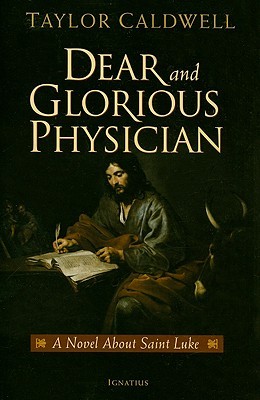How many books by J.C. Ryle did I read this month? I am still working on his Expository Thoughts on the Gospel of Matthew.
Favorite quote(s) by J.C. Ryle:
- Let it be a settled principle in our religion, that men's salvation, if saved, is wholly of God; and that man's ruin, if lost, is wholly of himself. The evil that is in us is all our own. The good, if we have any, is all of God.
Favorite quote(s) by Charles Spurgeon:
- Once let the truth of God obtain an entrance into the human heart, and subdue the whole man unto itself—no human or infernal power can dislodge it! We do not entertain it as a guest, but as the master of the house. He is no Christian, who does not thus believe.
Surprised by Suffering. R.C. Sproul. 1989. Tyndale. 214 pages. [Source: Bought]
Favorite quote(s) by R.C. Sproul:
- God was asking Job to exercise an implicit faith. An implicit faith is not blind faith. It is a faith with vision, a vision enlightened by a knowledge of the character of God. If God never revealed anything about Himself to us and required that in this darkness we should trust Him, indeed the requirement would be for blind faith. We would be asked to make a blind leap of faith into the awful abyss of darkness. But God never requires such foolish leaps. He never calls us to jump into the darkness. On the contrary, He calls us to forsake the darkness, and enter into the light. It is the light of his countenance. It is the radiant light of His Person, which has no shadow of turning in it. When we are bathed in the refulgent splendor of the glory of His person then trust is not blind.
Did I read any Puritans or Reformers this month: I read a book about the Reformers. Reforming Joy: A Conversation between Paul, the Reformers, and the Church Today. Tim Chester. 2018. Crossway. 112 pages. [Source: Review copy]
Favorite quote(s):
- There were two breakthrough moments for Luther. The first was when he realized that the righteousness of God is not just a characteristic of God (that he judges justly) but also a gift from God. God gives righteousness. Luther’s second breakthrough moment was when he realized that God’s righteousness is not just a boost to help us become righteous. First and foremost, it’s the declaration that we are righteous.
Other Christian nonfiction books read this month:
- In the Year of Our Lord: Reflections on Twenty Centuries of Church History. Sinclair B. Ferguson. 2018. Reformation Trust. 229 pages. [Source: Review copy]
- The Rule of Love: How the Local Church Should Reflect God's Love and Authority. Jonathan Leeman. 2018. Crossway. 176 pages. [Source: Review copy]
- Thru the Bible: Genesis 1-15. J. Vernon McGee. 1975. 204 pages. [Source: Bought]
- Thru the Bible: Genesis 16-33. J. Vernon McGee. 1975. 188 pages. [Source: Bought]
Christian fiction books read this month: 3
- Dear and Glorious Physician. Taylor Caldwell. 1958. 560 pages. [Source: Bought]
- Agnes Grey. Anne Bronte. 1847. 224 pages. [Source: Bought]
- Where Did You Come From Baby Dear? Poem by George MacDonald. Illustrated by Jane Dyer. 2018. Random House. 32 pages. [Source: Review copy]
How many "new" books did I read (published 2000-present)? 3
How many "old" books did I read (published before 2000)? 6
Which book was my overall favorite?
The Rule of Love: How the Local Church Should Reflect God's Love and Authority. Jonathan Leeman. 2018. Crossway. 176 pages. [Source: Review copy]
© Becky Laney of Operation Actually Read Bible








